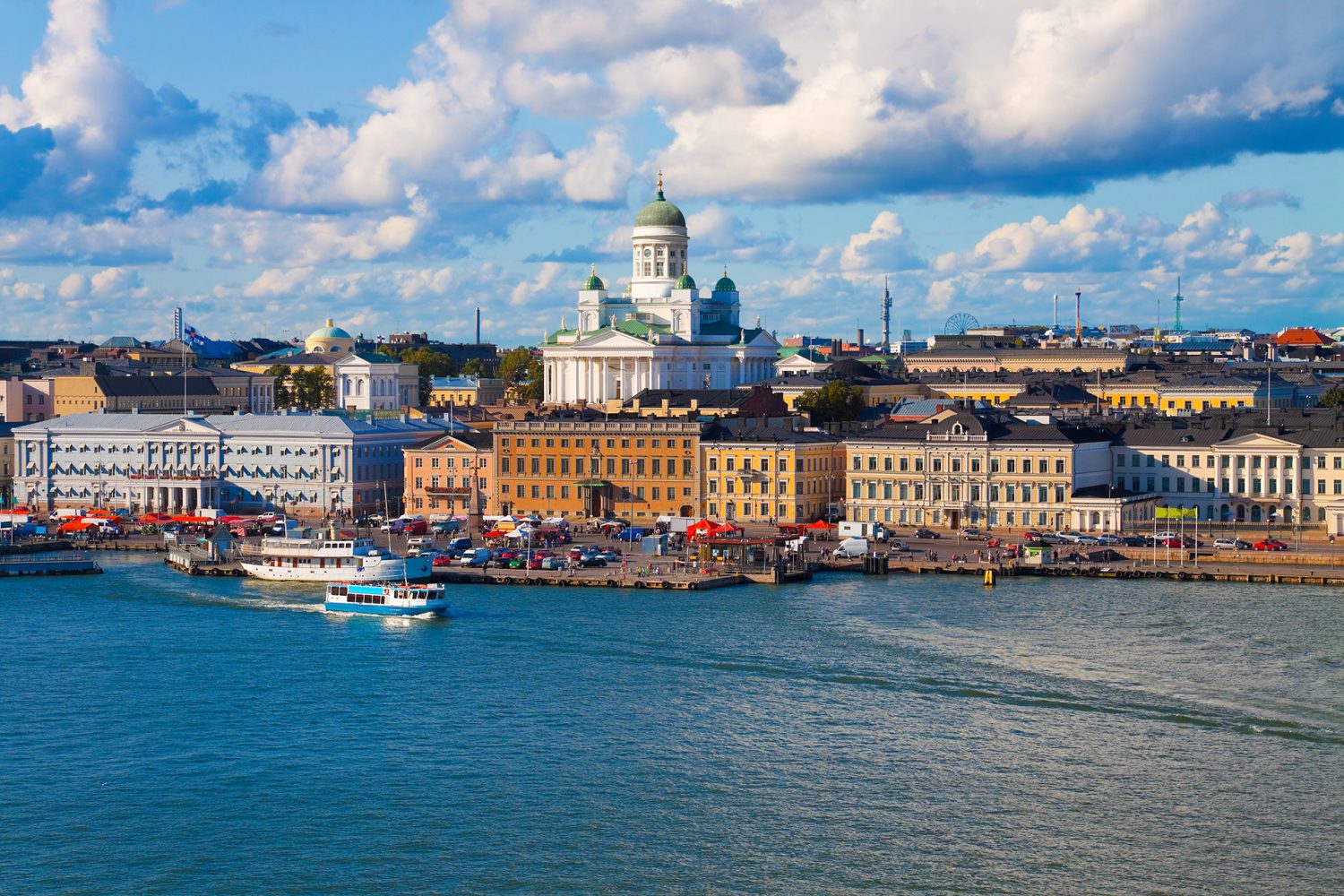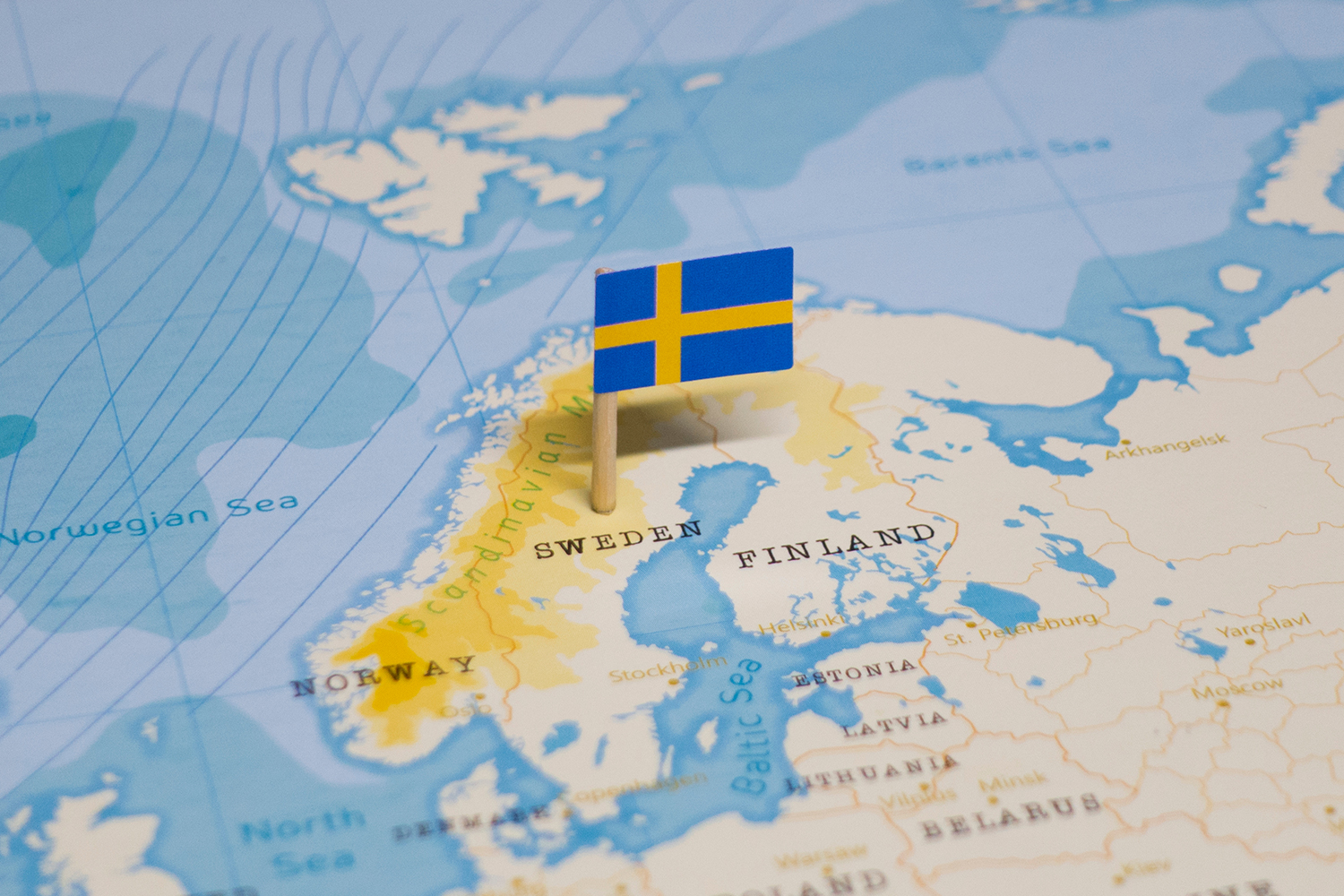
Diana Weber
Lawyer of international law
Rating:
5
August
Obtaining Spanish Residence Permit for Foreigners

Residence permit in Spain is a document that is granted to an immigrant for temporary residence in the country. The residence permit is usually valid from 12 months to five years, depending on the reason for its issuance. It takes several months to obtain a resident card: first a national visa is opened, and upon arrival in the state in the immigration service or police authorities, the residence permit itself is requested. The nuances of granting the document are regulated by the national law “On the rights and freedoms of foreigners and their social integration”.
Permanent residence in Spain is a document that gives the right to stay in the country for an unlimited period of time and enjoy the same practical rights and preferences as citizens of the country. The status of permanent resident is issued in the usual manner 5 years after moving and opening a temporary residence permit. After the same period of time, it is possible to apply for a passport of the Kingdom of Spain by naturalization if the other requirements are met (law-abiding, no criminal record, integration into society).
It is also possible to become a permanent resident of Spain with a passport of any other EU country. With the help of migration specialists Immigrantinlaw, it is possible to obtain a second citizenship in the EU in just 4-12 months. You can get detailed information at a free consultation.
A residence permit in Spain is granted for a limited period of time directly related to the reason for moving, such as employment, marriage or participation in a student exchange program. If the reason for being in the Kingdom disappears, the document is revoked. The residence permit restricts the owner in the rights, for example, may not give the opportunity to be officially employed (example - residency for self-supporting foreigners), for a long time to leave the Spanish territory. Periodically, the residence permit must be renewed, proving by documentation that the reason to stay in the country is still in force.
Spanish permanent residence has no restrictions on the validity period - only the residence card itself needs to be replaced from time to time. A foreigner can stay in the kingdom, even if the reason for moving is no longer relevant, for example, he graduated from university. The permanent residence has a number of advantages over the residence permit:
Submit an application form and we'll get back to you!
It is possible to obtain a residence permit in Spain if there is a legally established reason for a long stay in the Kingdom. It is not possible to simply buy residency: it is against the migration regulations of the European Union. The following are the possible ways of obtaining a temporary residence permit.
A residence permit for studies is granted to those enrolled in a Spanish educational institution of any form of accreditation. Applicants for residency can also be participants of internship programs, advanced training, international exchange, students of language and preparatory courses. To open a residence permit will need to confirm enrollment in the university on a full-time (intramural) form of the relevant certificate. After graduation, you can get a resident card for another year to find a job or start your own business.
Those who are in a formal family union with a resident or citizen of Spain can request a residence permit in the Kingdom by marriage. The receiving party undertakes to provide for the spouse at the rate of 75% of the subsistence minimum, which in 2024 is six hundred euros per month. It will also be necessary to prove that the foreigner has a place to live in the state on a permanent basis. A Spanish husband/wife can apply for citizenship 12 months after the move, provided that the marriage was concluded at least a year ago and the spouses have a joint household.
Spain is one of the few European countries that grants the right of temporary residence for the purchase of real estate. It is necessary to purchase a residential or commercial property with a price equal to or exceeding five hundred thousand euros, excluding commissions, tax charges, encumbrances and debts (e.g., utilities). To open a residence permit, a certificate of sale from the Spanish property registry will need to be added to the general dossier. The funds invested in the property must be legal and not loaned from the bank.
Spanish residency and refugee status are granted for humanitarian reasons, such as victims of human trafficking, those who have been sentenced to capital punishment in their home country or those who are subjected to persecution that is contrary to the principles of humanity. It is possible to apply for a refugee certificate if one can prove that living in one's home country endangers life and/or health. Not all requests are approved: most often the status is granted to those who have fled war. Recognized refugees can become citizens of the kingdom in 5 years after legalization of documents for stay in Spain.
The holders of a Spanish residence card or passport have the right to invite close relatives to live with them. Usually, reunification is approved for children and parents, sometimes - also for other family members, for example, if they are seriously ill and need care. The receiving party must financially support the invitees - 450 EUR for the first and 300 EUR for each subsequent relative. It is also necessary to provide accommodation for the family with appropriate square footage (the size of the required square footage is set by the municipality).
A residence permit in Spain can be obtained after concluding an employment contract with a local employer. In some cases, self-employment is allowed, for example, for artists, athletes, accredited journalists. A residence permit is also issued in case of intra-corporate transfer, long business trips, participation in scientific research or religious activities. Foreigners are hired with the approval of the state employment service, which gives priority in employment to the local population. The rule does not apply to members of shortage professions.
The investor's residence permit is granted to those who are willing to invest a minimum of one million euros in special funds, the activities of which are regulated by the Spanish laws numbered 35/2003 and 22/2014. It is possible to buy a similar number of shares in an existing commercial enterprise registered in the Kingdom, or place money in a bank account as a deposit. The investment amount is doubled when buying government securities. The invested funds must be legally obtained and not encumbered.
Spain approves the right to relocate for foreign entrepreneurs who submit a convincing business plan and have the legal means to implement it, or who have the support of venture capital funds in the case of an innovative start-up. It is possible to choose any field of activity, form of company ownership (including sole proprietorship), size of authorized capital and location of the office. The authorities check whether the candidate has successful business experience or education in the declared area.
Submit an application form and we'll get back to you!
In exceptional cases, the Spanish authorities approve residency status for irregular migrants who have lived in the kingdom for 2-3 years and have sufficiently integrated into society. Residency can be family, social or labor, and usually requires the foreigner to have local relatives and/or a permanent job for at least six months. Additionally, it may be necessary to demonstrate a level of income (from 600 EUR per month). A residence permit is granted at the discretion of the authorities for humanitarian purposes.
It is possible to move to Spain without access to employment if you have an alternative source of income of at least four subsistence minimums, i.e., from 2400 EUR per month as of 2024. The money can come into the immigrant's account as a salary, such as the income of a digital nomad or freelancer, interest from a deposit or securities, real estate rental payments, and more. The income must be stable and legal. Unlike many other EU countries, Spain allows wealthy foreigners to extend their residence permit and subsequently naturalize.
The fact of birth in the territory of the kingdom does not entitle the child to claim the status of resident or citizen, if his mother and father are foreigners. Parents in this case also have no preferences for obtaining any national documents. However, after a year of permanent residence in Spain, it is possible to obtain citizenship for a child born in the state. Parents in this case can count only on a family residence permit and subsequent naturalization.
There are no special preferences for foreign pensioners to legalize their stay in Spain. It is possible to move and apply for one of the types of residence permit on general grounds, e.g., financial independence, if the amount of monthly payments from the state exceeds 2400 EUR. Elderly parents can request reunification with their resident or citizen children, for example if they need care or are on the host country's support.
The right to reside in Spain is granted to citizens of the European Union without additional conditions and requirements to the applicant. You can find the optimal program of fast, simple and guaranteed second passport of the EU country without large investments with the help of Immigrantinlaw migration specialists Immigrantinlaw.
The condition for obtaining Spanish residency is the presence of a complete set of documents according to the grounds, namely:
The dossier is supplemented by those that confirm the legal right to move to Spain, such as a work contract, a certificate of enrollment in a university, an approved business plan or a real estate purchase agreement. The original documents are submitted to the authorities with a notarized translation, if necessary, also with an apostille legalization.
To go to Spain and obtain a temporary residence card, you must do the following:
Most often a residence card in Spain is issued for a period of 1 to 3 years. Renewal of the residence permit is possible if the reason for residence in the Kingdom is preserved. Re-issuance is similar to the initial residence permit. After five years of permanent residence in the country, it is possible to apply for a permanent resident card. Leaves for up to six months in a row, but not more than 10 months cumulatively for the entire period are counted in the period of residency.
Get more information about the peculiarities of immigration to the EU at a free consultation
In 2025, Spain revised key financial thresholds and officially abolished the Golden Visa program — changes that directly affect pathways to residency through employment, remote work, passive income, and investment.
To obtain a permanent residence card in Spain, you will need to apply in person to the immigration office of the province where you are registered, having previously paid an administrative fee. It is necessary to draw up an application in the prescribed form (ЕХ-11) in two copies and attach to it such documents as:
The application for permanent residence is processed by the Spanish authorities within a period of up to 90 days. If approved, the foreigner is notified of the decision, after which he or she must, within a month, personally request an identity card from the place where he or she submitted the documents. The Permanent Residence Card is issued for 5 years and is renewable without additional conditions. After ten years of cumulative residence in the kingdom, it is possible to apply for citizenship by naturalization.
It is possible to study out the important nuances of immigration procedures with a support of specialized lawyers Immigrantinlaw. An established specialist recommends the best ways to process European documents in a short period of time and without unnecessary effort. You can find out the details at a free consultation.
Spanish citizenship by naturalization is granted to those who meet the requirement for prior residence in the country, successfully pass two tests - language and socio-cultural, demonstrates law-abidingness and no criminal record. Obtaining a passport requires renunciation of a similar document in the home country. The holder of the citizenship status receives the right to unlimited residence in any EU country with access to the labor market, education, commercial activities and social preferences. Citizenship is inherited and is not canceled when leaving the country.
Many foreigners are not satisfied with long naturalization and the need to renounce the first citizenship. As an alternative, you can get a second passport of another EU country in a simplified procedure and with it go to Spain for permanent residence together with your family. A number of states grant citizenship without passing a language test, prior residence with a residence permit and demonstration of income level. At the same time, you can keep your current passport. You can find the best option for obtaining European citizenship with the help of our international law specialists.
Immigration to Romania for Permanent Residence
15 March
Permanent residence of Romania is granted to applicants who have lived in the country for a five-year period with a...
Obtaining a Residence Permit in the Netherlands: A Guide for Immigrants
21 March
A residence permit in the Netherlands (Holland) is a document with which a foreigner can legally stay in the country...
Immigration to Finland for Permanent Residence
24 May
Permanent residence in Finland is a status of an inhabitant of the state, which is granted indefinitely after the period...
How to Get Citizenship of Austria
3 January
Austrian citizenship is a bond between you and the country, which is expressed in mutual rights and obligations. This status...
Immigration to Spain for Permanent Residence
26 August
Moving to Spain is possible if there is a reason to open local residency. The reason for obtaining a residence...
How to Get Citizenship of Sweden
4 October
Swedish citizenship is the legal relationship between the country and you as an individual. According to the national laws of...
Discover
new opportunities
with a European Union passport!
Submit the application form and we will call you back!
Leave a request
Contacts








